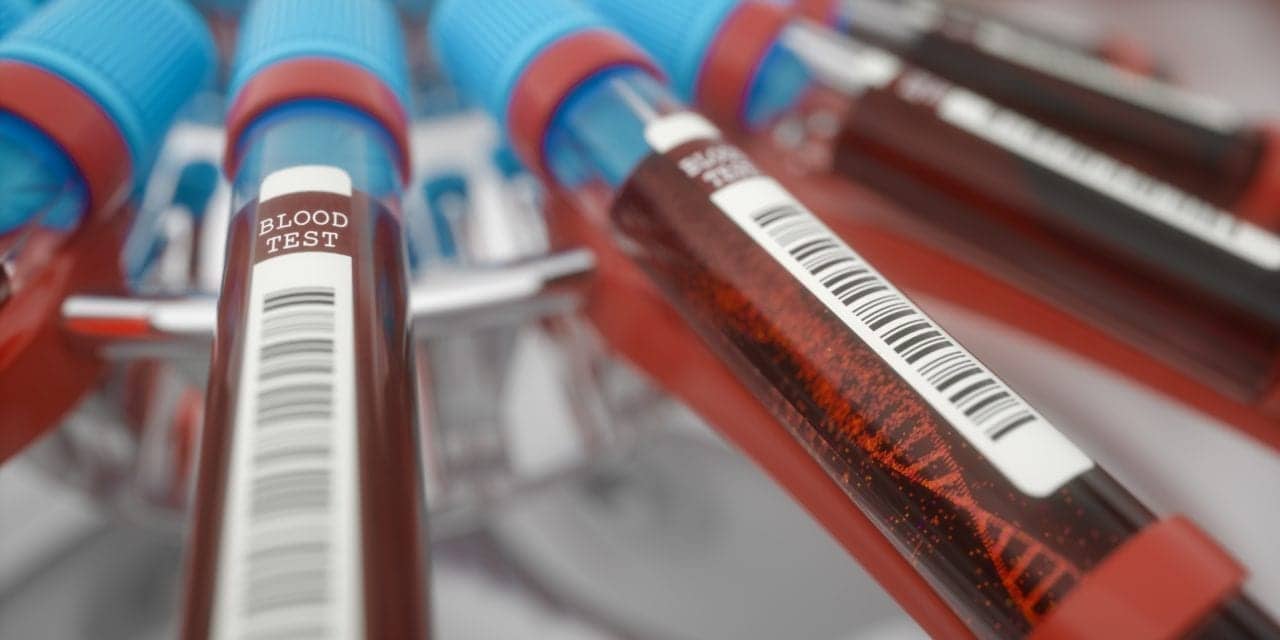In a safety communication issued at the beginning of November 2018, FDA alerted patients and healthcare providers that many claims about the ability of direct-to-consumer pharmacogenetic tests to predict a patient’s response to specific medications have not been reviewed by the agency, and may not be supported by scientific or clinical evidence for most medications.1
The agency warned that changing drug treatments based on the results from such unapproved genetic tests could lead to inappropriate treatment decisions and potentially serious health consequences for the patient. Following are key sections of the agency’s safety communication, providing detailed recommendations for patients, healthcare providers and laboratorians, and genetic test developers and manufacturers.
There are a limited number of cases for which at least some evidence does exist to support a correlation between a genetic variant and drug levels within the body, and this is described in the labeling of FDA cleared or approved genetic tests and FDA approved medications. The FDA-authorized labels for these medical products may provide general information on how DNA variations may impact the levels of a medication in a person’s body, or they may describe how genetic information can be used in determining therapeutic treatment, depending on the available evidence.
Descriptions for how to use genetic information to manage therapeutic treatment can be found in the following sections of the FDA-approved drug labeling: warnings (boxed warning, or warnings and precautions sections), indications and usage, dosage and administration, or use in specific populations, as appropriate.
Recommendations for Patients
- Do not change or stop taking any medicine based on a report from a genetic test you took on your own. Discuss the results of the genetic test with your healthcare provider, including whether the medication label includes information on how to use genetic information to determine dosage, and whether your healthcare provider recommends changes to your treatment. Medicine should always be taken as prescribed by your healthcare provider.
- Be aware that most genetic tests that make claims about the effects of a specific medicine are not supported by enough scientific information or clinical evidence.
Recommendations for Healthcare Providers and Laboratories
- If you are using, or considering using, a genetic test to predict a patient’s response to specific medications, be aware that for most medications the relationship between DNA variations and the medication’s effects has not been established. Check the FDA-approved drug label, or the label of the FDA-cleared or -approved genetic test, for information regarding whether genetic information should be used for determining therapeutic treatment.
- If a patient brings you a test report from a genetic test offered directly to consumers that claims to predict a person’s response to a specific medication, seek information in the FDA-approved drug label regarding whether genetic information should be used for determining therapeutic treatment.
- Be aware that there are some FDA-approved drug and genetic test labels, and labels of FDA-cleared genetic tests, that provide general information about the impact of DNA variations on drug levels, but do not describe how that genetic information can be used for determining therapeutic treatment. These labels are intended to be informational, but do not indicate that there is sufficient evidence to support making treatment decisions based on the information provided by the genetic test.
- Know that information regarding therapeutic treatment recommendations for patients with certain genetic variations can be found in the warnings (boxed warning, or warnings and precautions), indications and usage, dosage and administration, or use in specific populations sections of the FDA-approved drug labeling, as appropriate.
- Be aware that most genetic tests that make claims regarding effects of a specific medication have not been evaluated by FDA.
Recommendations for Genetic Test Manufacturers and Developers
- If your test claims to predict a patient’s response to specific medications, confirm that the FDA-approved drug labels for medications included in your test labeling describe how genetic information can be used in determining therapeutic treatment. Know that information regarding therapeutic treatment recommendations for patients with certain genetic variations can be found in the warnings (boxed warning, or warnings and precautions), indications and usage, dosage and administration, or use in specific populations sections of the FDA-approved drug labeling, as appropriate.
- Assure your test report and any labeling support an intended use that is consistent with the FDA-approved use of the medication.
- Contact FDA if you have any questions about genetic tests that are intended to be used to direct use of specific medications.
Reference
- The FDA warns against the use of many genetic tests with unapproved claims to predict patient response to specific medications: FDA safety communication [online]. Silver Spring, Md: FDA, 2018. Available at: www.fda.gov/medicaldevices/safety/alertsandnotices/ucm624725.htm. Accessed November 2, 2018.




